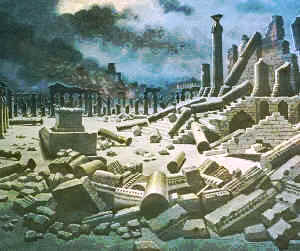Sunday School: The Resurrection
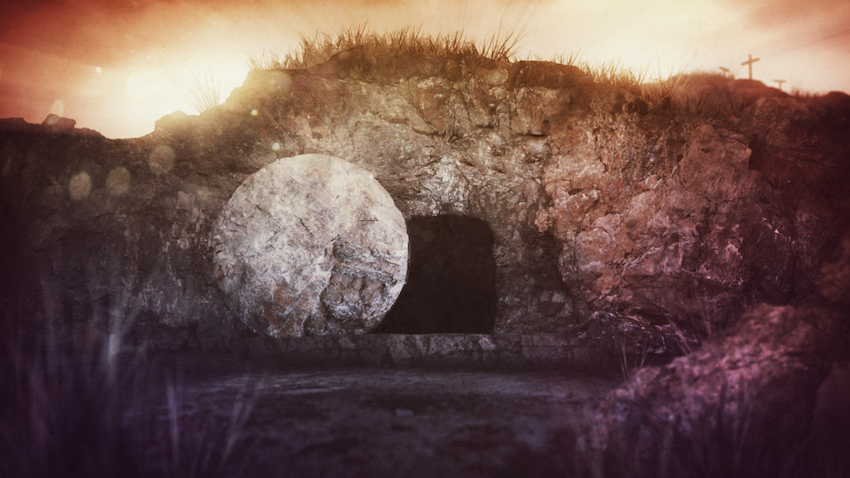
As Pascha nears we will contemplate the Resurrection, the witness to it and the key arguments against it.
Our Holy Faith teaches us Jesus, suffered, died and rose in accordance with God’s plan. Christ’s entering into our suffering was half of the story. The story of man’s redemption didn’t end with Christ’ suffering and death, even if we choose to focus on His Death as the perfect sacrifice. It ends with Christ’s triumphal Resurrection, the conquering of death, His ascension and His reigning at the right hand of the Father and eventual return as ultimate Victor. This is what motivated the Apostles, disciples and early Christian martyrs to give everything – even to the point of dying to bring even us the full Gospel, the “good news” of His death and resurrection.
So while it’s true that seeing Jesus’ sufferings helps us bear our own, there’s the added boost that we know all this suffering is temporary. All will be made right some day and then we will have joy that we cannot even imagine now. “O Death, where is thy sting? Grave, where is thy victory?” – 1 Corinthians 15:55
God raised Christ up putting an end to the agony of death since it was impossible for him to be held in it’s power. It was impossible because He was the righteous God-man and had given himself over in perfect love to God the Father. Not only did Jesus surrender his immortality and die on the cross, he rose with supreme authority over the whole realm of the dead. He burst out of the prison of death, breaking the chains and locks of all those held in captivity and carrying the keys of the prison with him.
Think of the triumphant icon of Christ standing over the gates of Hades and death, gripping Adam’s and Eve’s wrist in one hand while their other is outstretched in supplication. Look closely, you will see little keys and broken locks strewn about in the darkness around a prostate and bound Hades. Each of the keys is the key of death and Hades for each one of us. Hades is not destroyed – it is still there – but its power to bind people is gone. There are no chains, no locked doors. If only we raise our hands in supplication and longing for Jesus Christ, He is there to lift us from the grave. “…By death He trampled death…” we sing the hymn of victory!
Without the bodily resurrection, Christianity is a cruel hoax and our Faith is useless. Christ’s Holy Resurrection is a new experience of grace in the world. It was a completely, stunning, and shocking revelation.
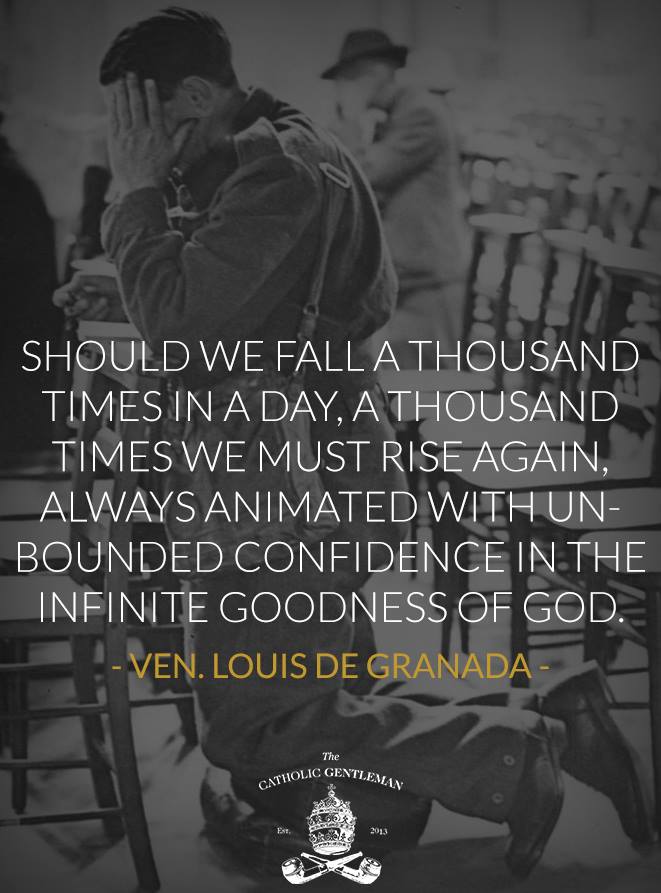
 My good friend Joe Heschmeyer will soon be abandoning the United States in order to complete his final seminary studies at the
My good friend Joe Heschmeyer will soon be abandoning the United States in order to complete his final seminary studies at the 
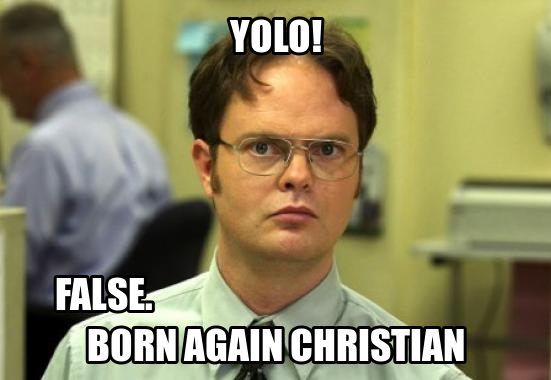
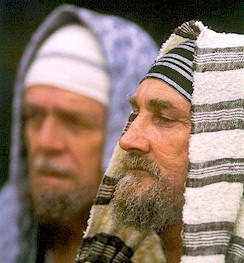 I’ve been leading a Bible study group through the book of Acts. Last night the question of the Sadducees came up…
I’ve been leading a Bible study group through the book of Acts. Last night the question of the Sadducees came up…